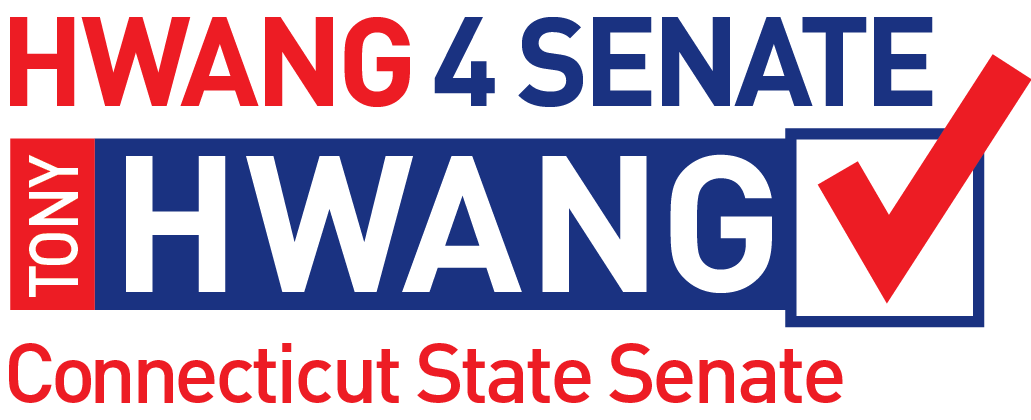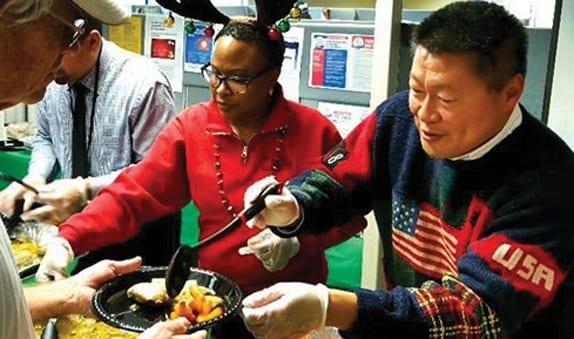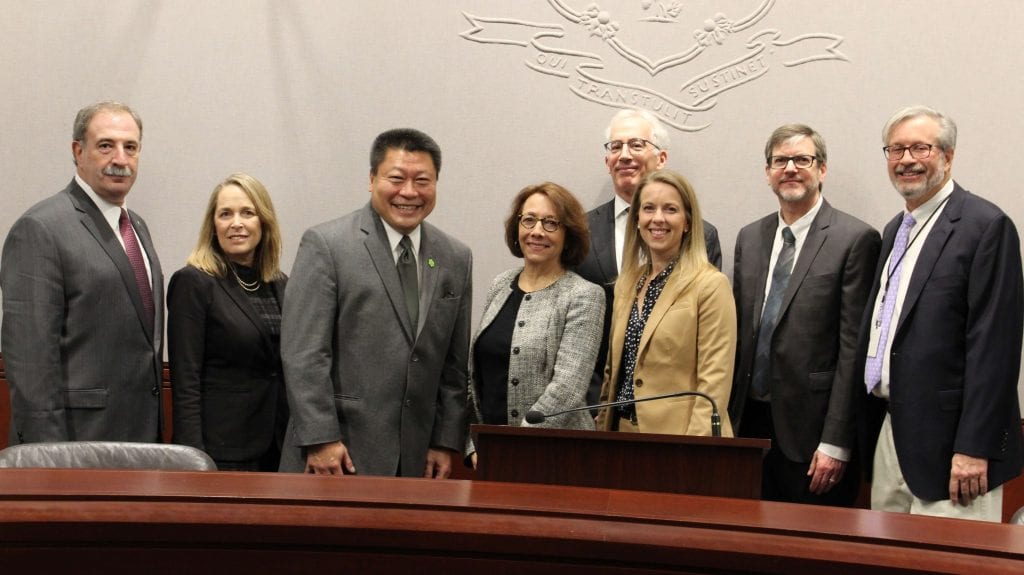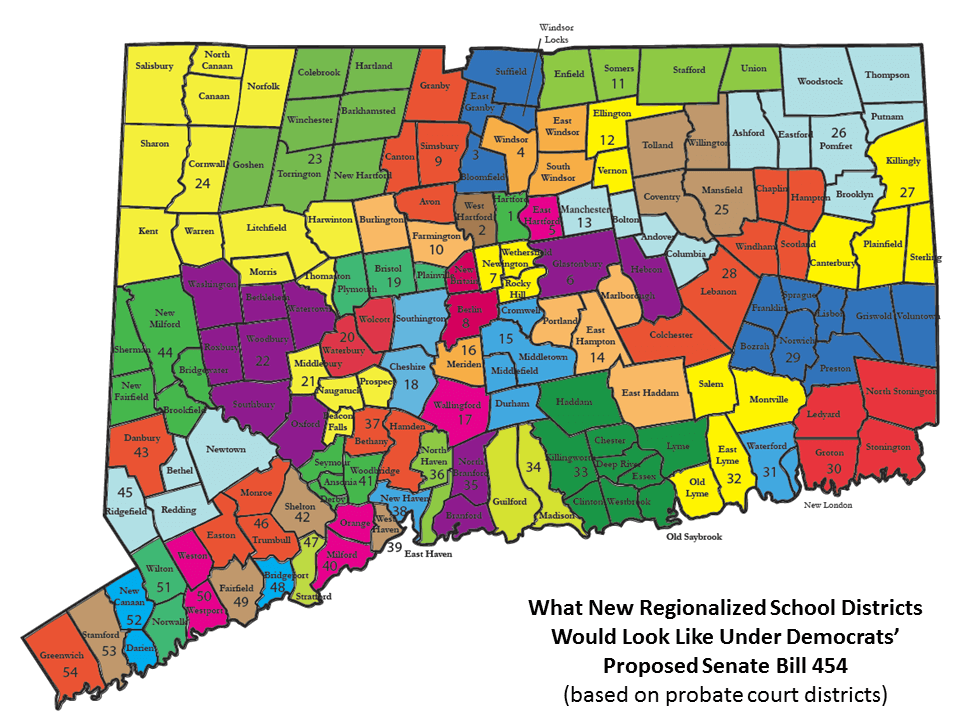State Sen. Tony Hwang: Legislature Must Deal with ‘Hard Decisions’ This Year (Westfair)
Republican State Sen. Tony Hwang says he’s ready to get to work — even if Connecticut’s towering $1.7 billion deficit will lead to “some hard decisions” during the newly begun legislative session.
“We didn’t get into this trouble overnight, and we’re not going to solve it overnight,” said the 54-year-old senator, whose district includes parts of Fairfield, Westport, Weston, Easton and Newtown. “But our time is running out to fix it.”
The Fairfield resident also opined that money should be spent on modernizing the DMV. “It’s all a part of addressing how we can create a better, more efficient delivery of government services,” Hwang said. “I hope we (the legislature) can take a pragmatic and cautious approach” to that and other issues.Hwang, re-elected in November to his second term in the state Senate after three terms in the state House, maintains a fairly moderate position when it comes to most topics. While state Senate Republican President Pro Tempore Len Fasano and House Minority Leader Themis Klarides have rejected — sometimes vehemently — the idea of bringing electronic tolls to the state’s highways, Hwang, who sits on the Senate Transportation Committee, said, “I’m open to every discussion. I’m not a pure ‘no’ on something like that.”
Although he’s personally against gambling, Hwang declared that he accepts the fact that the Supreme Court has ruled in favor of legalized sports gambling being allowed in every state.
Hwang wants to push through legislation that would create a state cybersecurity czar who would report to the Connecticut Department of Public Safety. “That person would be responsible for working with Homeland Security, helping corporations and other businesses fight against espionage and attacks on customer databases, and educating the public about the risks they may not even know they’re facing.”
Hwang said that even though he’s rarely without his laptop or mobile device, he remains concerned that device makers like T-Mobile and Verizon, as well as platforms like Facebook, “continue to use our data in an invasive manner.”
He declined to say if he had anyone in mind for the czar position but said he “has confidence” that Gov. Ned Lamont understands the situation.
Hwang is the minority leader on the Housing and Higher Education & Employment committees. Of the former, he said he wants to address the shortage of affordable housing throughout the state as well as “the incredibly high cost of housing in southwest Connecticut. I hope we can talk about housing solutions that can be a catalyst for reinvigorating not just our urban but also our suburban centers to attract more and more young people to our area.”
As for education, Hwang said he hoped the state would renew its efforts to promote not only the University of Connecticut and other state schools, as well as private institutions like Yale and Trinity College, “but our vocational and technical schools as well. Those need a new, fresh look. There is an ongoing need for delivering a population that is not always interested in a four-year school, who can learn a trade alongside a craftsman. The skills we need are not always acquired in the towers of higher education.”
Hwang said he was confident that he and his fellow Republicans can find common ground with Lamont.
“I’ve met him a few times and he’s always been a gentleman,” he said. “He’s a genuinely likable person and truly seems to be taking a collaborative approach. I’m encouraged. I want him to succeed, just like I want the legislature to succeed and our businesses and constituents to succeed.”
State Sen. Tony Hwang: Legislature must deal with ‘hard decisions’ this year





